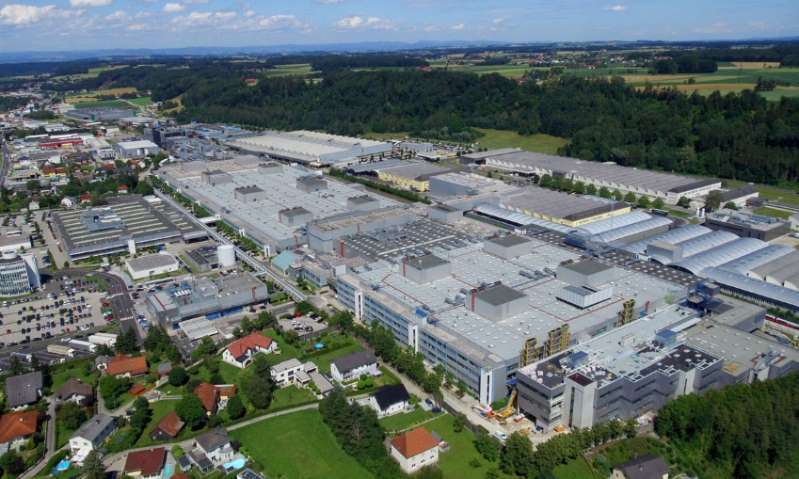
Salzburg / Vienna. For the 4400 employees at the BMW engine plant in Steyr, Upper Austria, the discussion is undoubtedly not very entertaining: Many experts are talking about the end of the internal combustion engine, and a number of manufacturers have already announced a specific point in time for the complete switch to electric cars (including Jaguar, Audi, General Motors ), and several countries, including Austria, are calling for the EU to set a year from which new vehicles with internal combustion engines will no longer be registered.
Does all of this mean that the engine plant in Steyr – the largest in the world in the BMW Group – has an expiry date? “We are aware of the trend (against the internal combustion engine, note),” said Alexander Susanek, managing director of the plant in Steyr, on Thursday at a video conference with journalists. “But we are working hard to ensure that the work does not have an expiration date.”
They invested 350 million euros last year, taking one development into account, namely the decreasing interest in diesel engines. The diesel engine once dominated the assembly lines in Steyr, but last year it only made 39.5 percent of the engines produced. 60.5 percent were gasoline engines.
They are trying to get orders in the field of electromobility, explained Susanek. BMW is currently converting its main plant in Germany for e-cars, and after making appropriate investments, electric drive systems could also be manufactured in Steyr.
The plant came through the corona crisis last year with a black eye. At the beginning of the pandemic outbreak in spring, production was shut down for five weeks, there was short-time work until June, and production was back to normal from August. 996,636 engines were produced, 18.8 percent less than in 2019. Sales were just under three billion euros.
Gains in market share
“Furthermore, around half of all new BMW and mini vehicles with a diesel or gasoline engine sold worldwide have a heart from Austria,” emphasized Susanek.
In terms of car sales, BMW was able to increase its market share in Austria with falling sales, as Christian Morawa, head of BMW Austria, reported. The number of new registrations fell by 18 percent to 18,381 units, but it reached fourth place in the statistics with a market share of 7.4 percent. Overall, the turnover of the BMW Group in Austria in the last crisis year was 5.8 billion euros, a decrease of 16 percent compared to 2019.
BMW's profit falls
In the group as a whole, 2020 ended with global sales of almost 99 billion euros, a minus of five percent, as the carmaker announced in Munich on Thursday. In the end, there was a surplus of 3.86 billion euros, almost a quarter less than in 2019.
At 2.7 percent, the profit margin was below the level of the previous year and far from the long-term goal of eight to ten percent. The pre-tax profit collapsed by more than a quarter to 5.2 billion euros. The dividend for the ordinary share listed in the DAX should amount to 1.90 euros, after 2.50 euros in 2019.
In the second half of the year, sales in China slowed the crash. As of July, the car company brought in a pre-tax profit of a good 4.7 billion euros, which is almost ten percent more than a year ago. Deliveries also increased significantly during the period.
(rie)
[RA420]

